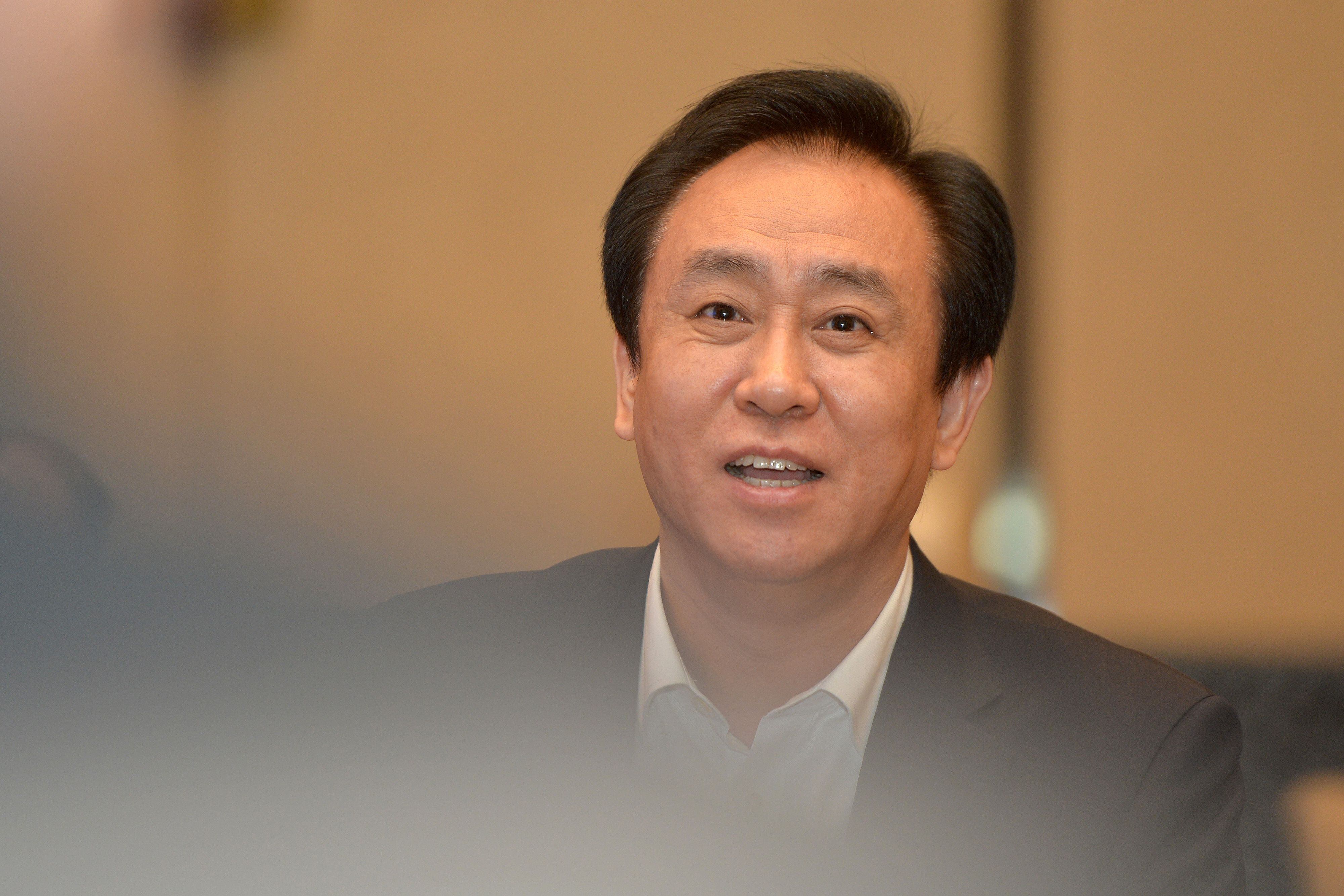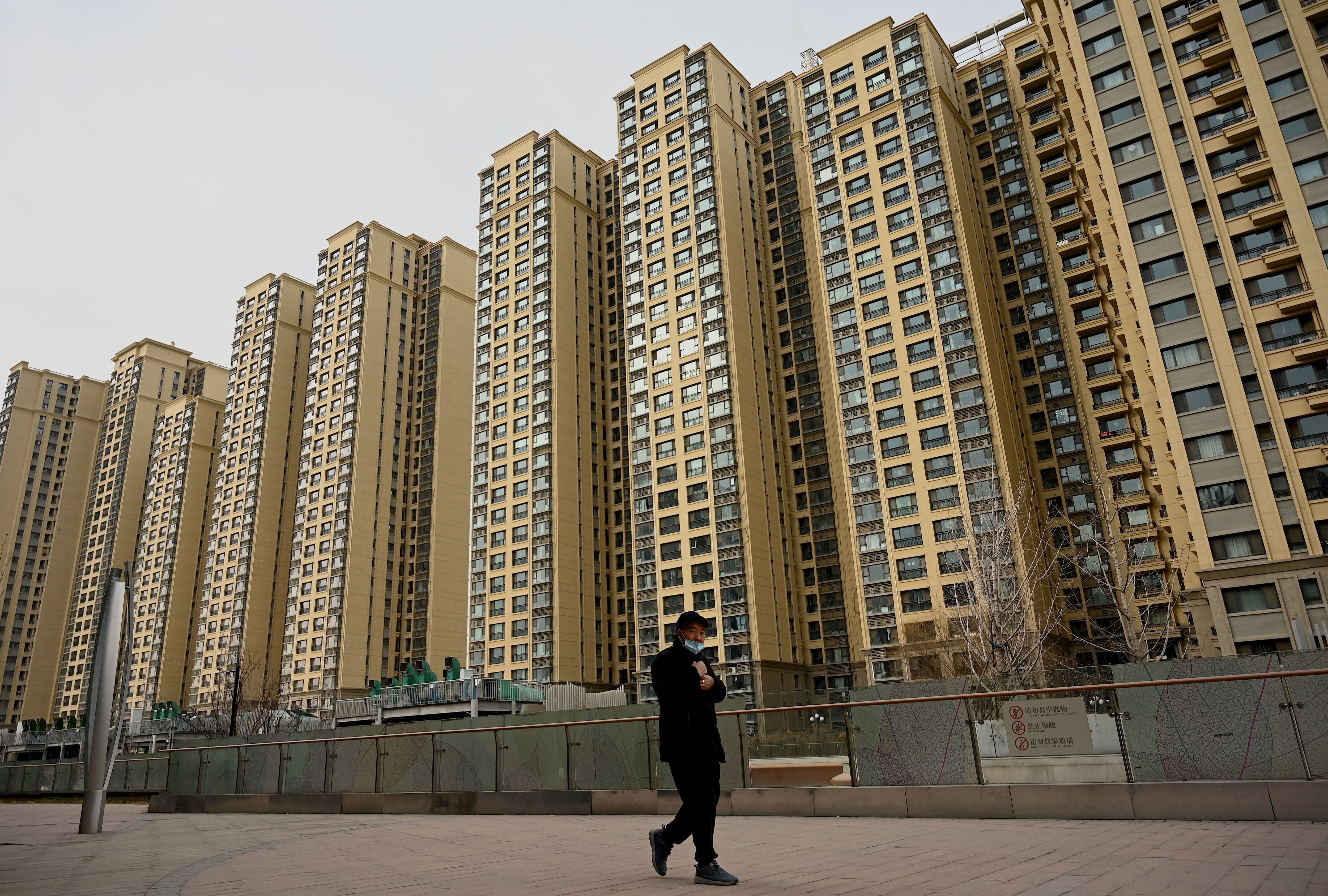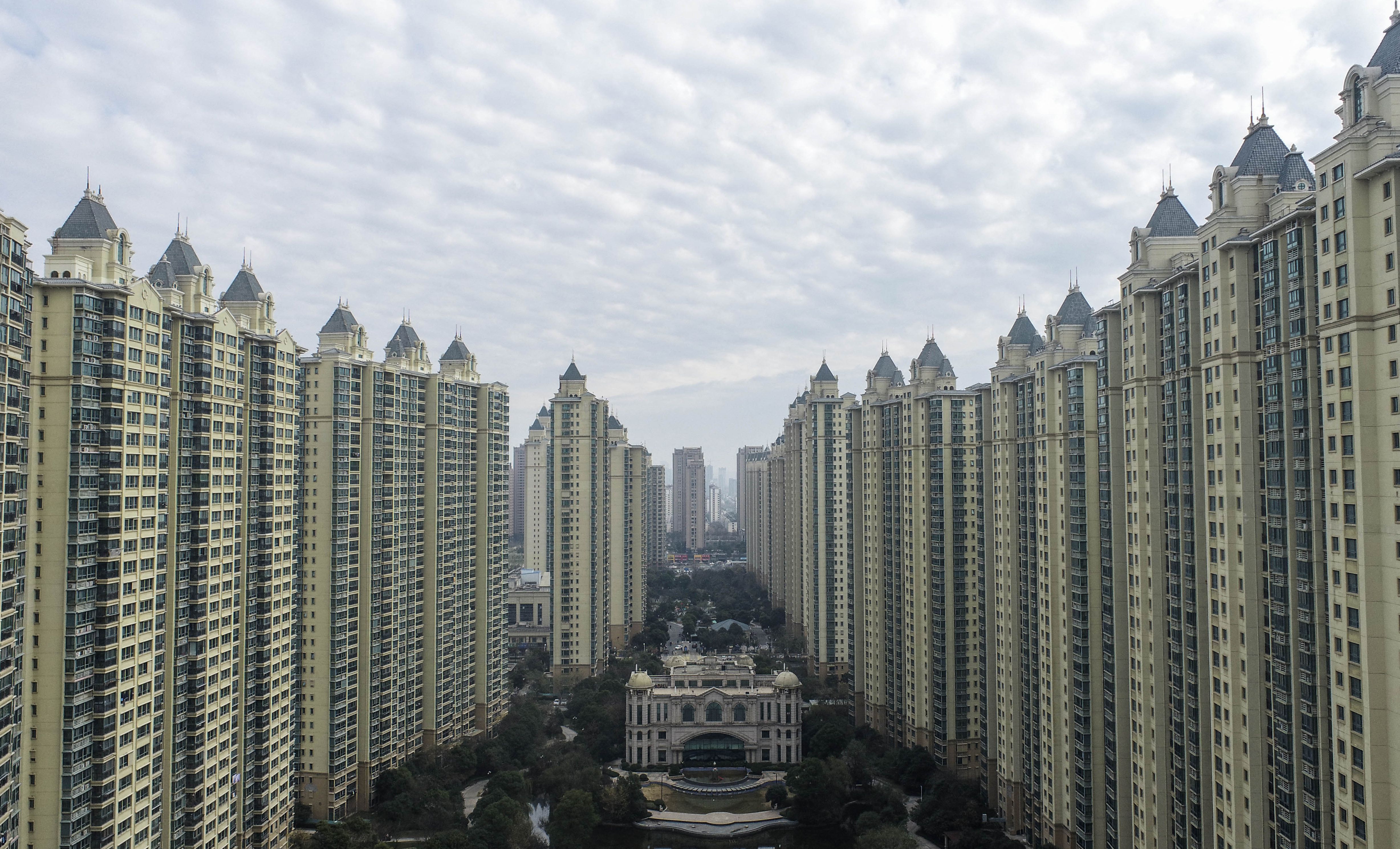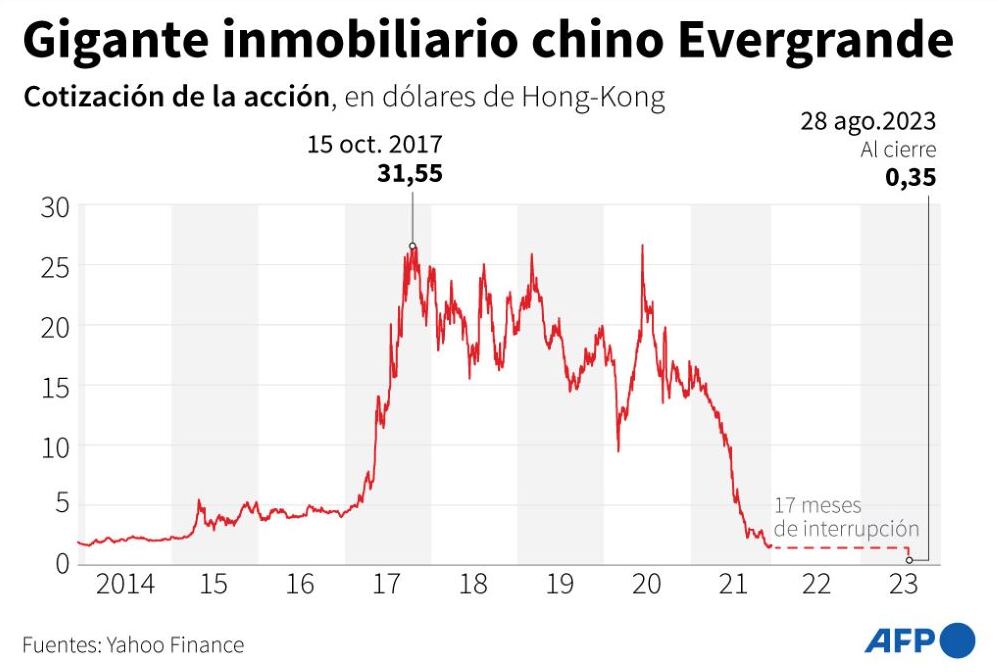Hui Ka Yan, the billionaire founder of the Chinese real estate giant Evergrande, is under house arrest in an unknown location for alleged financial crimes. This is while his company faces serious difficulties in the midst of a restructuring process that, if it fails, could threaten the Asian giant’s economy.
Evergrande confirmed on Thursday that Hui Ka Yan It is subject to “mandatory measures” on suspicion of crimes.
LOOK: The million-dollar settlement in which JPMorgan settled a Jeffrey Epstein sex trafficking case
The company did not reveal where it is Xu64 years old, nor what crimes are attributed to him.
However, CNN explained that, according to the Chinese legal system, “mandatory” measures may include house arrest and formal imprisonment.
A day earlier, on Wednesday, Bloomberg exclusively reported that Hui Ka Yan He was under “residential surveillance.”
Xu founded Evergrande in 1996. His home prison uncertainty rises over the future of the real estate giant, which hopes to successfully complete a massive debt restructuring plan overseen by the government of China in the coming weeks to avoid collapse.
The great debt of Evergrande It was estimated at the end of June at US$328 billion. Their situation contributed to the worsening of the housing crisis in Chinagenerating fears of contagion at a global level.
These are the billionaire’s keys Hui Ka Yan and the crisis of Evergrande:

Hui Ka Yanalso known as Xu Jiayinwas born in a city in the province of Henan on October 9, 1958.
He was the son of a woodcutter. He lost his mother when he was eight months old and was raised by his father and grandmother, who sold homemade vinegar.
In 1982, he graduated from Wuhan University of Science and Technology with a degree in Arts and Sciences.
He worked as a technician in a steel manufacturers for a decade, until founding the company in 1996 Evergrande in the city of Guangzhou. The company was dedicated to massive housing construction.
According to BBC Mundo, in a speech in 2017 Hui said that during his childhood he ate mainly sweet potatoes and bread.
“At that time, my biggest desire was to leave the countryside, get a job and be able to eat better”he said.
That same 2017, Hui became the richest person in chinawith an estimated fortune of US$42.5 billion, according to Forbes magazine.
But then came the decline and year after year Hui was losing positions among the richest China. So much so that in 2021 it was ranked 44th on the list, and the following year it no longer appeared.
As the EFE agency recalls, in its peak years Hui He became the first millionaire in China to embrace philanthropic work, with an unprecedented donation of US$68 million in 2013. He also showed off his wealth.
Regarding his political connections, Hui was a member of the Chinese Communist Party for more than 30 years. He became part of the Chinese People’s Consultative Conference, an elite group made up of government officials and the most important representatives of the business world.
“Without reform and opening up the country, Evergrande “It wouldn’t be what it is today”, said the businessman a few years ago in a speech published by the AFP agency.
“Everything about Evergrande is given by the Party, the State and society”he added.
Hui He is married and has two children.

Evergrande was founded in 1996 by Hui Ka Yanwho until then was an employee of a steel mill.
In 2009, Evergrande enters the Hong Kong stock exchange and a year later takes charge of the football club Cantonrenamed as Guangzhou Evergrande. The group spends millions hiring foreign stars and wins nine of the ten titles in the Chinese Super League, as explained by the AFP agency.
Between 2009 and 2010, the company also ventured into the dairy, cereals and oils business. Furthermore, it is trying to produce electric cars, thus starting a spiral of heavy debt.
In 2017, Hui He becomes the richest man in China and all of Asia, with a fortune valued at US$42.5 billion.
A year later, China’s central bank includes Evergrande on its list of highly indebted companies to watch and warns that a potential collapse could entail systemic risks.
In August 2020, Chinese regulators announced new limitations for three debt ratios, the “three red lines”, with the aim of reducing leverage in the real estate sector. The objective was to limit access to financing to promoters that accumulated excessive liabilities, exceeded certain levels of leverage or did not have sufficient liquidity to cover short-term debts, as was the case with Evergrande.
That same month, Evergrande sells 28% of its property management unit for $3 billion and begins divesting properties at significant discounts.
In 2021 all alarms go off, when Evergrande stops paying its extraterritorial (‘offshore’) debt at a time when it was dragging on liabilities exceeding US$300 billiongiving rise to hundreds of lawsuits and a situation of great uncertainty in the sector due to the implications of a possible bankruptcy, explains the EFE agency.
The Spanish agency details that, like many other Chinese developers, since the real estate boom of the late 90s Evergrande largely relied on high levels of leverage (using debt to finance operations) and off-plan sales continue to carry out its promotions: some analysts estimated that the company had 1.4 million homes sold before construction when the crisis broke out, the equivalent of more than 200,000 million dollars.
Then, Evergrande became a symbol of the deep housing crisis that threatens the Chinese economy.

Analysts maintain that the weight of the real estate sector plus indirect factors is 30% of the country’s GDP. At the moment the sector is slowing down, which worries both developers and Chinese citizens who take refuge in housing to boost their investments.
According to official data published by EFE, commercial sales measured by territorial area decreased by 5.3% in the first half of the year, after falling by 24.3% in 2022.
To stay afloat, Evergrande presented a proposal in March to restructure almost 20 billion dollars of debt’at sea‘not paid, but it has postponed the votes in which its creditors will decide on the matter several times, citing worse-than-expected sales developments and the consequent need for a “re-evaluation” of the plan, indicated EFE.
The expectation of Evergrande should have the support of its creditors before October 1st and complete the process in mid-December, but at the moment it only managed just over 30% of the votes for an important segment of debt (“class C”) valued at around 13 billions of dollars, although it already has the green light for two other types, continued EFE.
It’s been a few days Evergrande reported losses of more than 85 billion dollars since 2021. It also reactivated the listing of its shares in Hong Kong, after a year and a half of suspension, but these fell 8.6% in the last month.
In the best case scenario, in 2027, Evergrande shares cost US$31.55, today they are US$0.35.

Source: Elcomercio
I am Jack Morton and I work in 24 News Recorder. I mostly cover world news and I have also authored 24 news recorder. I find this work highly interesting and it allows me to keep up with current events happening around the world.

:quality(75)/cloudfront-us-east-1.images.arcpublishing.com/elcomercio/PIFSPIVY6ZH4DFSUQHL3FRBTWU.jpg)



:quality(75)/cloudfront-us-east-1.images.arcpublishing.com/elcomercio/ZPRRVLFLKFAELKZ2AGPPODYZSY.jpg)

